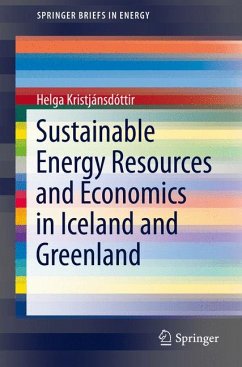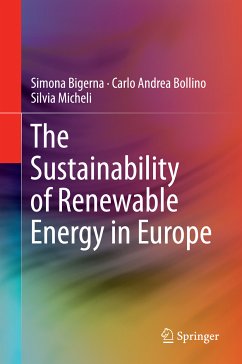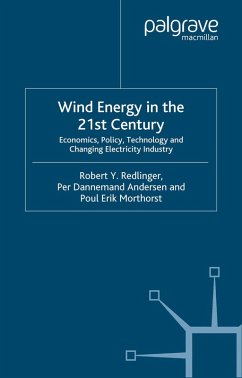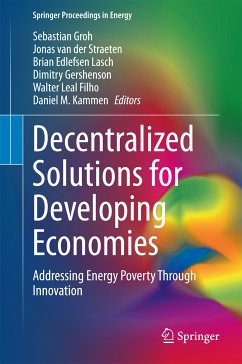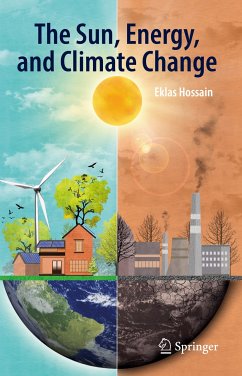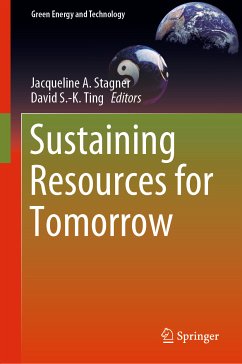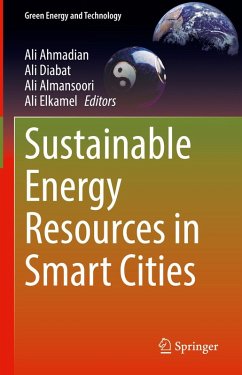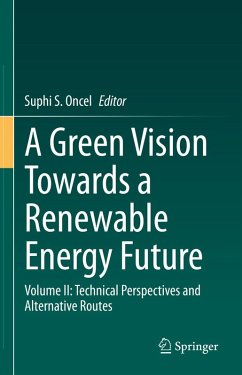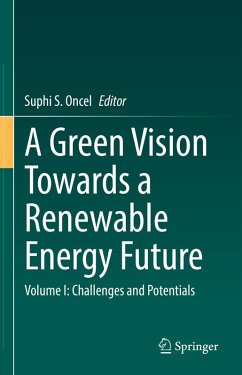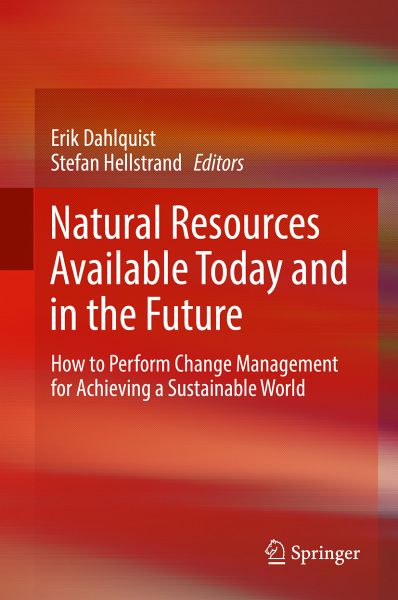
Natural Resources Available Today and in the Future (eBook, PDF)
How to Perform Change Management for Achieving a Sustainable World
Redaktion: Dahlquist, Erik; Hellstrand, Stefan
Versandkostenfrei!
Sofort per Download lieferbar
72,95 €
inkl. MwSt.
Weitere Ausgaben:

PAYBACK Punkte
36 °P sammeln!
This book focuses on providing an overview of all our available natural resources, considering the sustainability and potential for power generation of each. Energy efficiency prospects of each natural resource are examined in the context of society's key energy needs- Heating/cooling, Electric Power, Transportation and Industrial Production. Geography, climate and demographics are all discussed as key vectors impacting the comparative opportunities for self-sustenance around the globe. The authors provide in-depth coverage of renewable energy upscale and energy efficiency improvements in indu...
This book focuses on providing an overview of all our available natural resources, considering the sustainability and potential for power generation of each. Energy efficiency prospects of each natural resource are examined in the context of society's key energy needs- Heating/cooling, Electric Power, Transportation and Industrial Production. Geography, climate and demographics are all discussed as key vectors impacting the comparative opportunities for self-sustenance around the globe. The authors provide in-depth coverage of renewable energy upscale and energy efficiency improvements in industry and society within a historical context, including a keen look at the variable effectiveness of different policy tools that have been used to support the transition away from unsustainable resource use. Finally, suggestions for more sustainable futures are provided, from improved policy measures, to new technological horizons in areas from offshore wind and marine energy to biogas and energy storage.
Dieser Download kann aus rechtlichen Gründen nur mit Rechnungsadresse in A, B, BG, CY, CZ, D, DK, EW, E, FIN, F, GR, HR, H, IRL, I, LT, L, LR, M, NL, PL, P, R, S, SLO, SK ausgeliefert werden.



